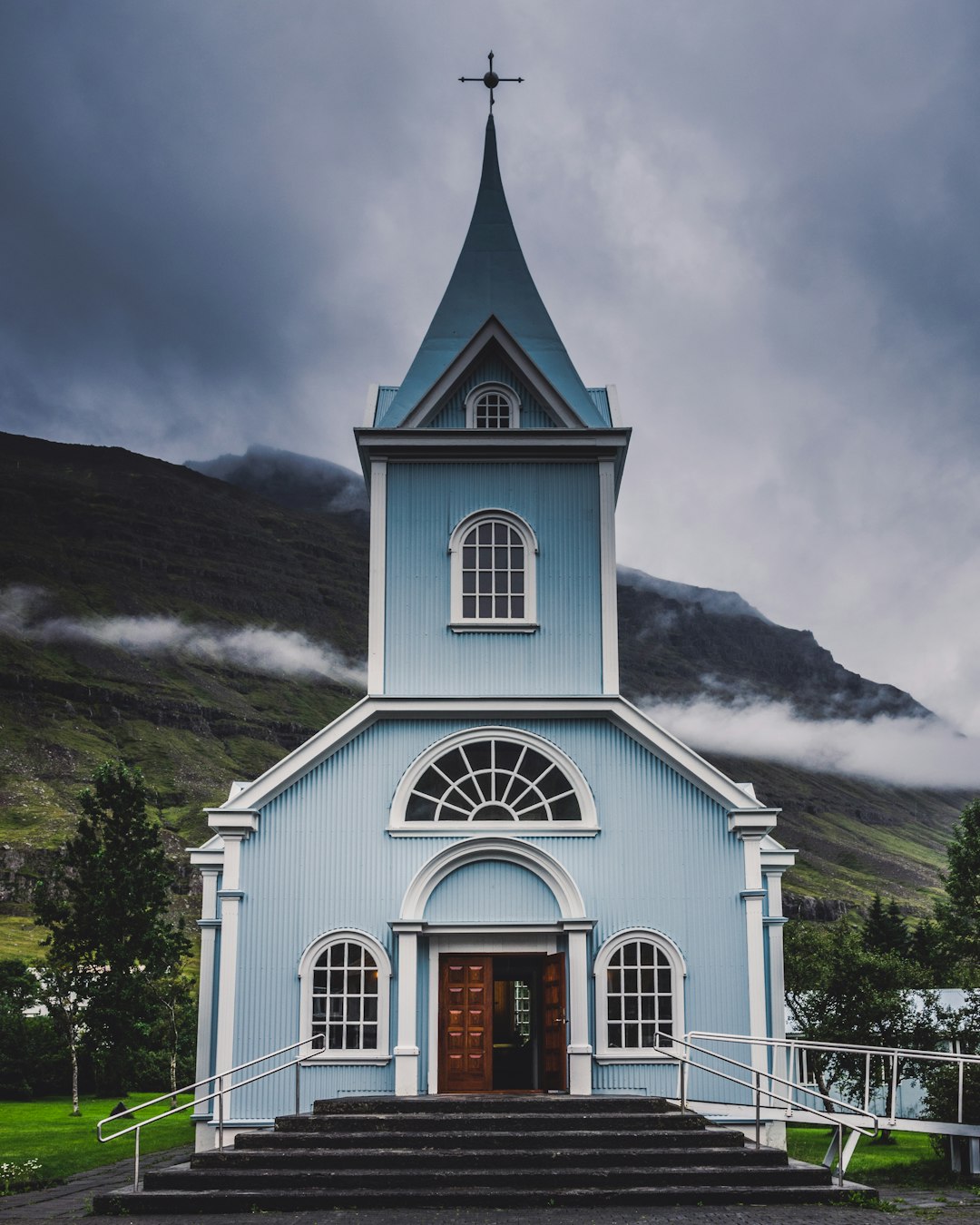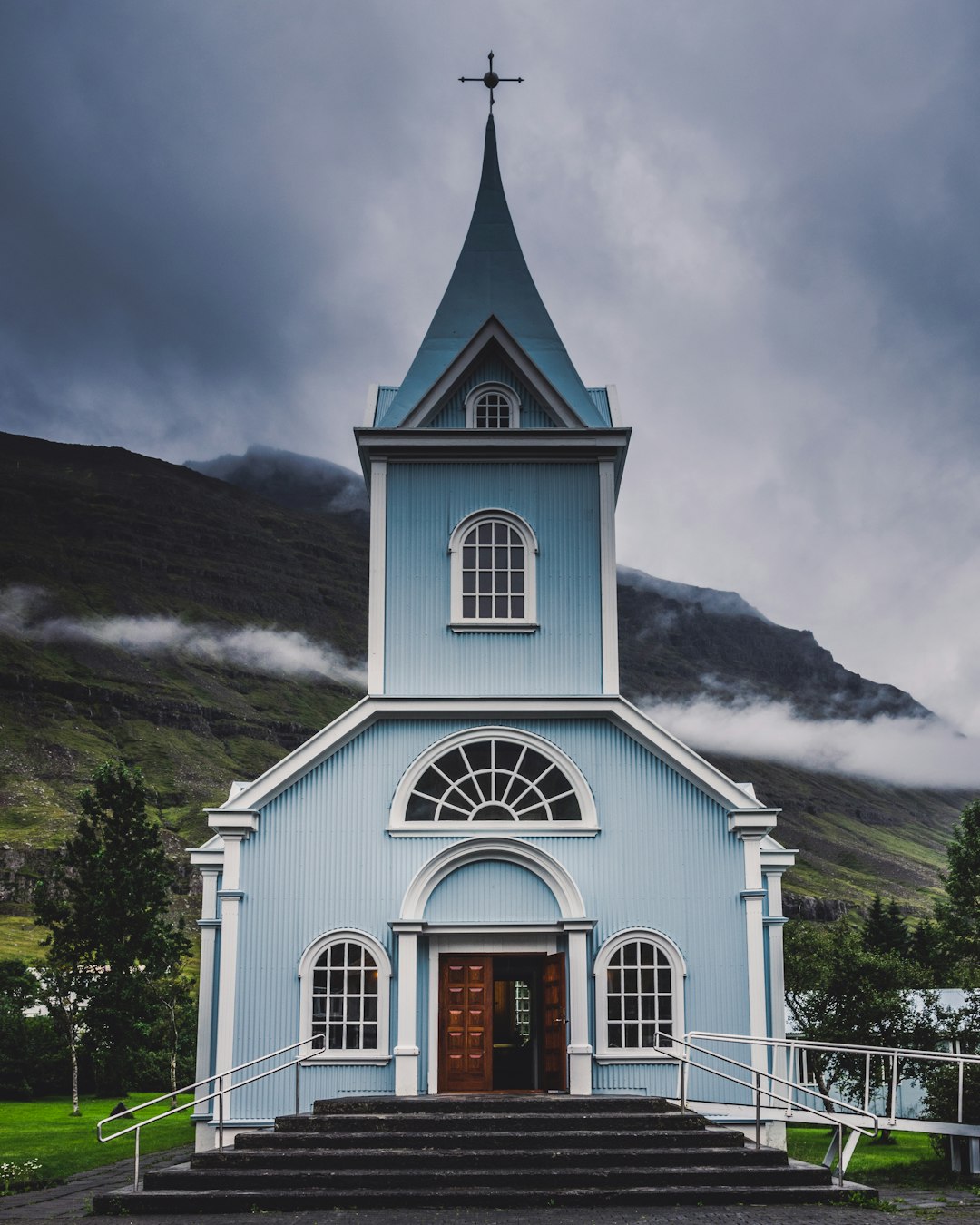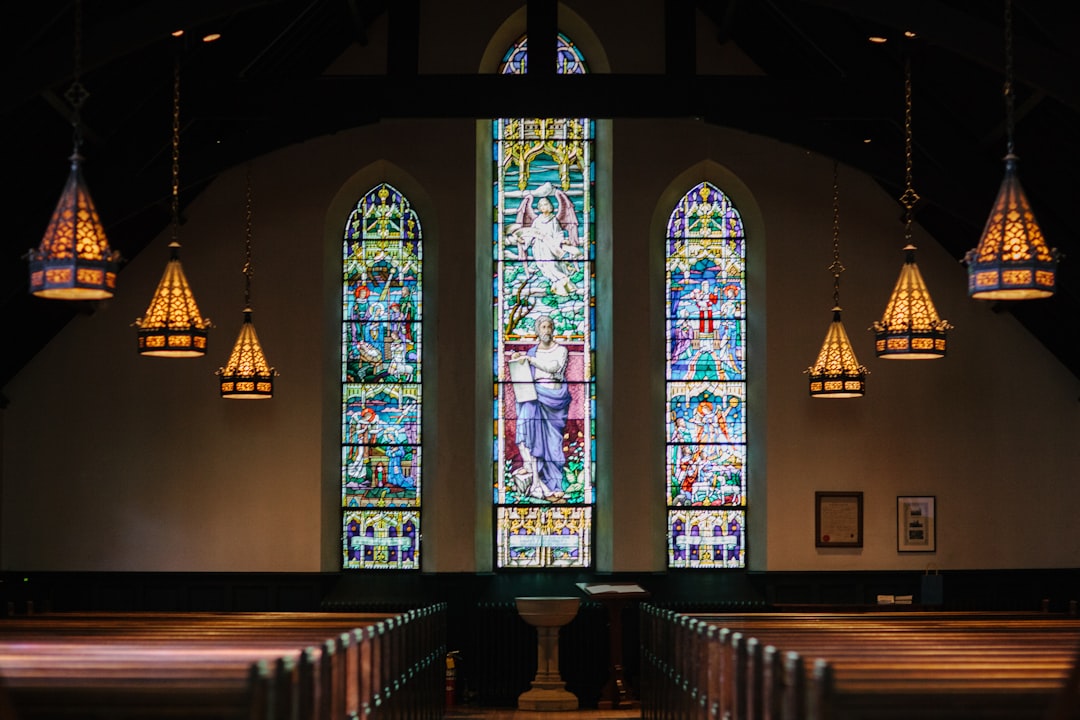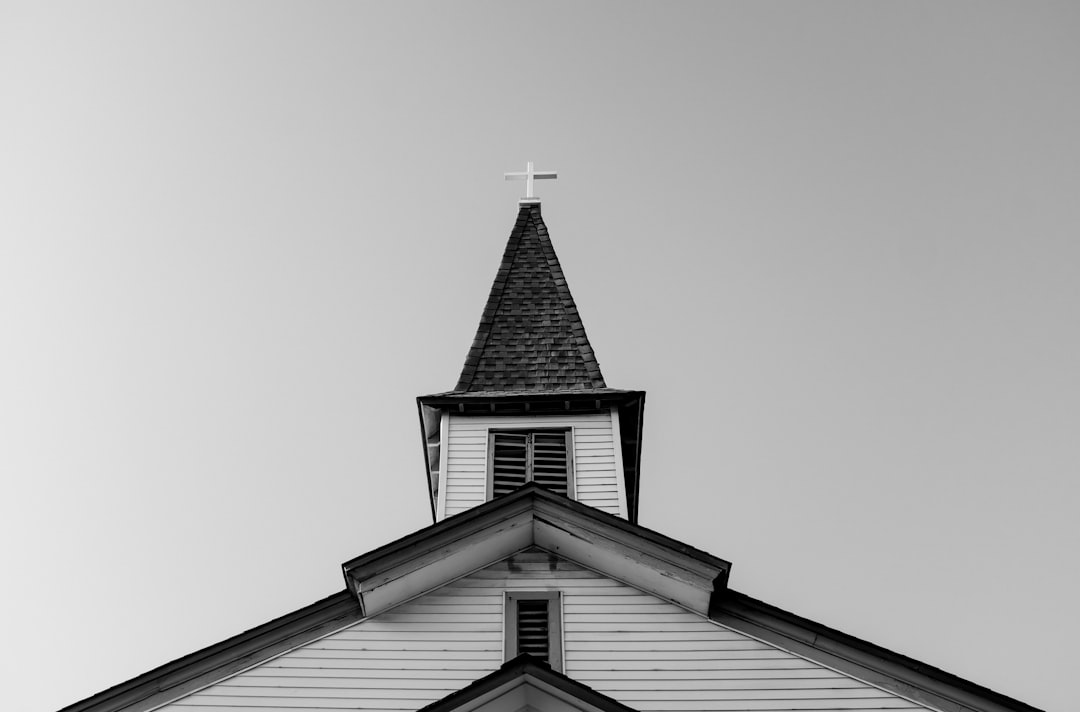“In Denver, Colorado, where faith communities thrive, it’s crucial to address a sensitive yet vital issue: clergy abuse. Understanding its profound impact necessitates a comprehensive approach. This article guides victims navigating complex legal rights in Colorado. We highlight the importance of selecting an experienced clergy abuse lawyer in Denver CO for support. From recognizing abuse to seeking justice and healing, this resource offers essential insights for those affected.”
Understanding Clergy Abuse and Its Impact

Clergy abuse is a sensitive and complex issue that requires specialized legal attention, especially in Denver, Colorado. It involves instances where members of the clergy or religious leaders exploit their positions of power and trust to engage in harmful behaviors towards individuals within their care or congregation. This can include physical, emotional, or sexual abuse, occurring over an extended period or as a single incident. The impact on victims is profound and long-lasting, often leading to severe psychological trauma, loss of faith, and a distorted sense of safety and trust.
For survivors of clergy abuse seeking justice, finding a knowledgeable and compassionate Denver clergy abuse lawyer is essential. These legal professionals specialize in navigating the unique challenges of such cases, ensuring victims receive the support and compensation they deserve. They help individuals understand their rights, guide them through the legal process, and advocate for their well-being, ultimately aiming to hold perpetrators accountable and foster healing for those affected by these traumatic experiences.
Legal Rights of Victims in Colorado

In Colorado, victims of clergy abuse have specific legal rights and protections. If you or someone you know has experienced sexual, emotional, or physical abuse at the hands of a religious figure, it’s crucial to understand your options. A Denver clergy abuse lawyer can provide invaluable guidance on navigating these complex issues. They can help victims assert their rights, which may include seeking compensation for damages, pressing charges against the abuser, and ensuring that similar instances of abuse are prevented in the future.
Colorado laws offer a framework for holding accountable those who commit or enable such abuses. This includes various forms of legal action, from civil lawsuits to criminal prosecutions. A skilled clergy abuse lawyer in Denver CO can assist victims in understanding their rights within this framework, advocating on their behalf, and helping them find closure and justice.
Choosing the Right Attorney for Support

Choosing the right attorney is a crucial step for survivors of clergy abuse seeking justice and healing. When looking for a clergy abuse lawyer in Denver, CO, consider attorneys with specialized experience in handling sensitive cases involving religious institutions. It’s important to find someone who understands the unique complexities of these matters and has a proven track record advocating for victims’ rights.
Seek an attorney who offers personalized support, actively listens to your story, and provides clear communication throughout the legal process. Ensure they have the resources and expertise to navigate the often labyrinthine legal system, especially when dealing with religious organizations that may employ sophisticated defenses. Remember, you deserve representation that respects your privacy and fights tirelessly for accountability and compensation.
The Road to Justice and Healing

For many survivors of clergy abuse, seeking justice and healing is a complex and challenging journey. The road to recovery often begins with finding the courage to speak out against an institution that may have silenced their voices for years. A Denver clergy abuse lawyer can play a pivotal role in this process, providing legal guidance tailored to each victim’s unique circumstances. They offer support and help navigate the complexities of the justice system, ensuring survivors’ rights are protected.
Through litigation or alternative dispute resolution, these attorneys fight for accountability and restitution, aiming to bring closure and prevent further harm. The goal is not only to secure compensation but also to expose the truth, shed light on systemic issues, and foster a culture of transparency within religious organizations. This process can be transformative, empowering survivors to reclaim their power and take back control over their lives, one step at a time.





